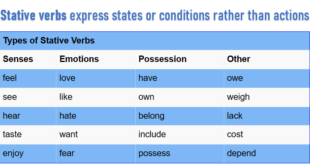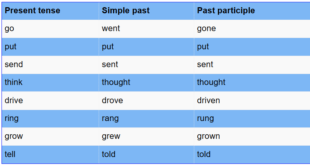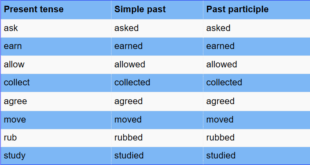![]()
Relative pronouns are used in complex sentences and refer to nouns in the main clauses. We use them to introduce subordinate clauses or noun clauses.
| Relative Pronouns | Usage |
| who/whoever | subject and object and refer only to people. |
| whom/whomever | object, refer to people, and are only common in formal styles. |
| which/whichever | subject and object and refer to things, qualities, and ideas. |
| whose/whosever | show possession and refer to people, things, qualities, and ideas. |
| where/wherever | refer to places. |
| when/whenever | refer to time. |
| that | refers to people, things, and animals. |
| why | refers to reasons. |
who/whoever (modify the subject or object and refer only to people)
- Jacob is the man who owns the house.
- I like people who make me laugh.
- Whoever wants this pen may have it.
- I’ll take whoever wants to go with us.
whom/whomever (modify the object, refer to people, and are only common in formal styles)
- The person whom I met in China.
- You can bring whomever you like.
which/whichever (modify both subject and object and refer to things, qualities, and ideas)
- My new car, which I bought last week, runs on unleaded gasoline.
- The man kept laughing loudly, which annoyed me very much.
- Whichever you choose, we’ll accept it.
- You can take whichever you like.
.
that (modifies subject and object and refers to people, things, qualities, and ideas) to specify a person or thing
- The man that I saw was Mike.
- There are lots of things that I need to buy.
whose / whosever (show possession and refer to people, things, qualities, and ideas)
- Jack was shouting at a driver whose car was blocking the street.
- Whosever car you use, you should take care of it.
In informal or spoken English, it is common to drop a relative pronoun if it functions as ‘object’ and it’s in identifying clauses.
- The person who I saw yesterday is at the door.
- The person I saw yesterday is at the door.
- The food that I ate was very spicy.
- The food I ate was very spicy.


